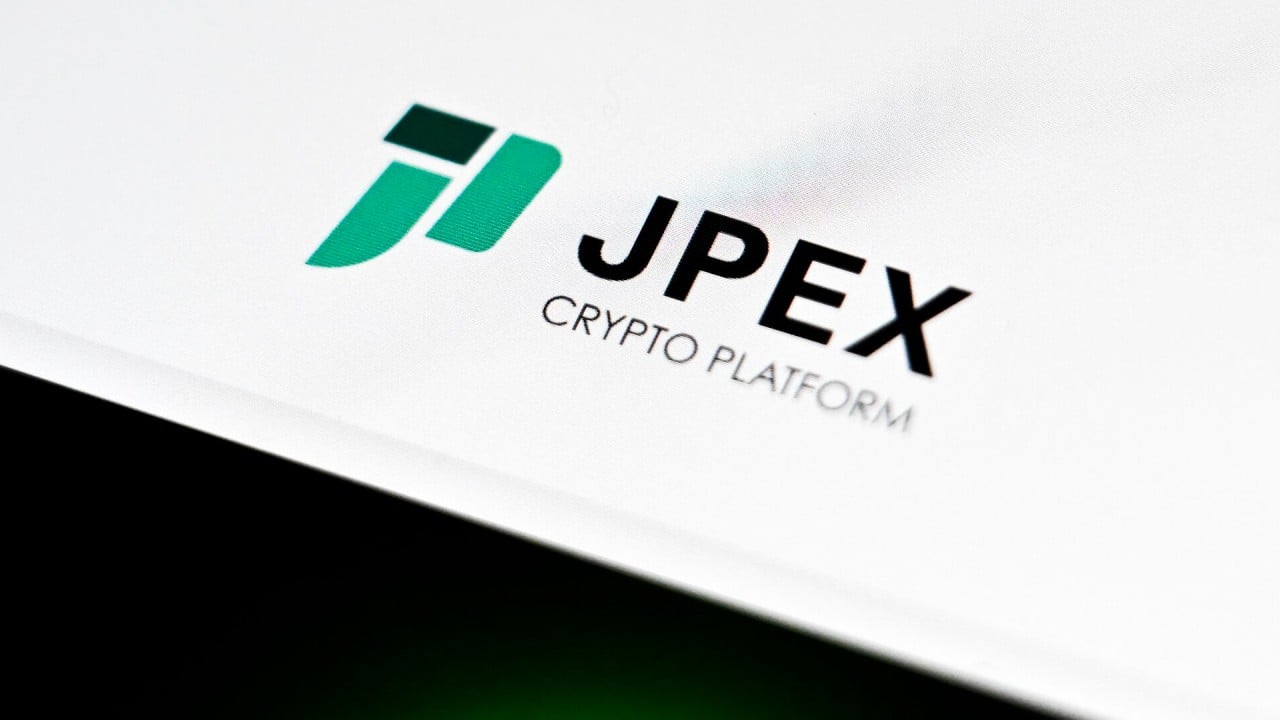BC Technology denies it is selling OSL crypto exchange as stock plummets amid challenges for Hong Kong licensing
Hong Kong-based BC Technology Group refuted a report that it was exploring a sale of its locally licensed digital asset business OSL for as much as HK$1 billion (US$137.3 million) after its stock shed a fifth of its value on Tuesday.
Bloomberg News reported on Monday that the investment holding company, which listed on the Hong Kong stock exchange in 2012, was gauging interest from buyers for the sale of OSL, one of only two licensed cryptocurrency exchanges in the city along with HashKey.
BC Technology might opt to just sell off parts of the business, according to Bloomberg, citing unnamed sources.
BC Technology’s shares fell the next day by more than 22 per cent to HK$3.35.
“The Board wishes to clarify that the contents and statements in the article are factually inaccurate and highly misleading,” BC Technology said in a filing to the Hong Kong stock exchange.
Since Hong Kong announced a year ago its intent to transform the city into a virtual asset hub, expectations for the local crypto market have been heightened, attracting attention from a slew of exchanges seeking a now-required licence after new rules went into effect in June.
More recently, the challenges of bringing crypto business back to the city have become more apparent.
Only five local exchanges have so far applied for the new virtual asset trading platform (VATP) licence, which was introduced to bring stability to the market and instil confidence in investors.
Hong Kong’s trust in crypto assets plunges after JPEX scandal, survey finds
Hong Kong’s trust in crypto assets plunges after JPEX scandal, survey finds
Several companies that have not yet formally applied, but have ties to Hong Kong and mainland China, have announced their intent to pursue a licence.
Hong Kong’s embrace of virtual assets is seen by some as a way for Chinese firms to facilitate crypto trading while it is still strictly banned on the mainland.
Yax, which was incubated by Beijing-based Tiger Brokers, confirmed that it is “in the very early stage of exploration”.
“We are closely observing regulatory and policy requirements, ensuring constant compliance with the laws and regulations of Hong Kong,” a company representative said.

PantherTrade, with apparent ties to Shenzhen-based Futu Holdings, is the other exchange identified by Nikkei. The listed director for PantherTrade Holdings in Hong Kong shares a name with a Futu Securities human resources manager, LinkedIn shows.
Still, the high costs of compliance in Hong Kong remain a barrier to unseating markets like Singapore as the go-to base of operations for crypto business.
The current applicants are made up of platforms that focus primarily on professional services.
High costs cloud Hong Kong’s crypto hub dream
High costs cloud Hong Kong’s crypto hub dream
In a statement to the Post last week, an OSL spokeswoman said “retail access to trading services on regulated platforms in Hong Kong is still in its early days”.
“However, we have seen increasing client interest in OSL’s services following the enforcement actions taken against unlicensed and unlawful players in Hong Kong in recent weeks,” she added.
According to BC Technology’s mid-year report, the company suffered a net loss of HK$94.7 million in the first half of 2023, compared with losses of HK$312.1 million during the same period a year ago.
OSL is the main source of income for the company, according to the report.
Additional reporting by Ben Jiang
